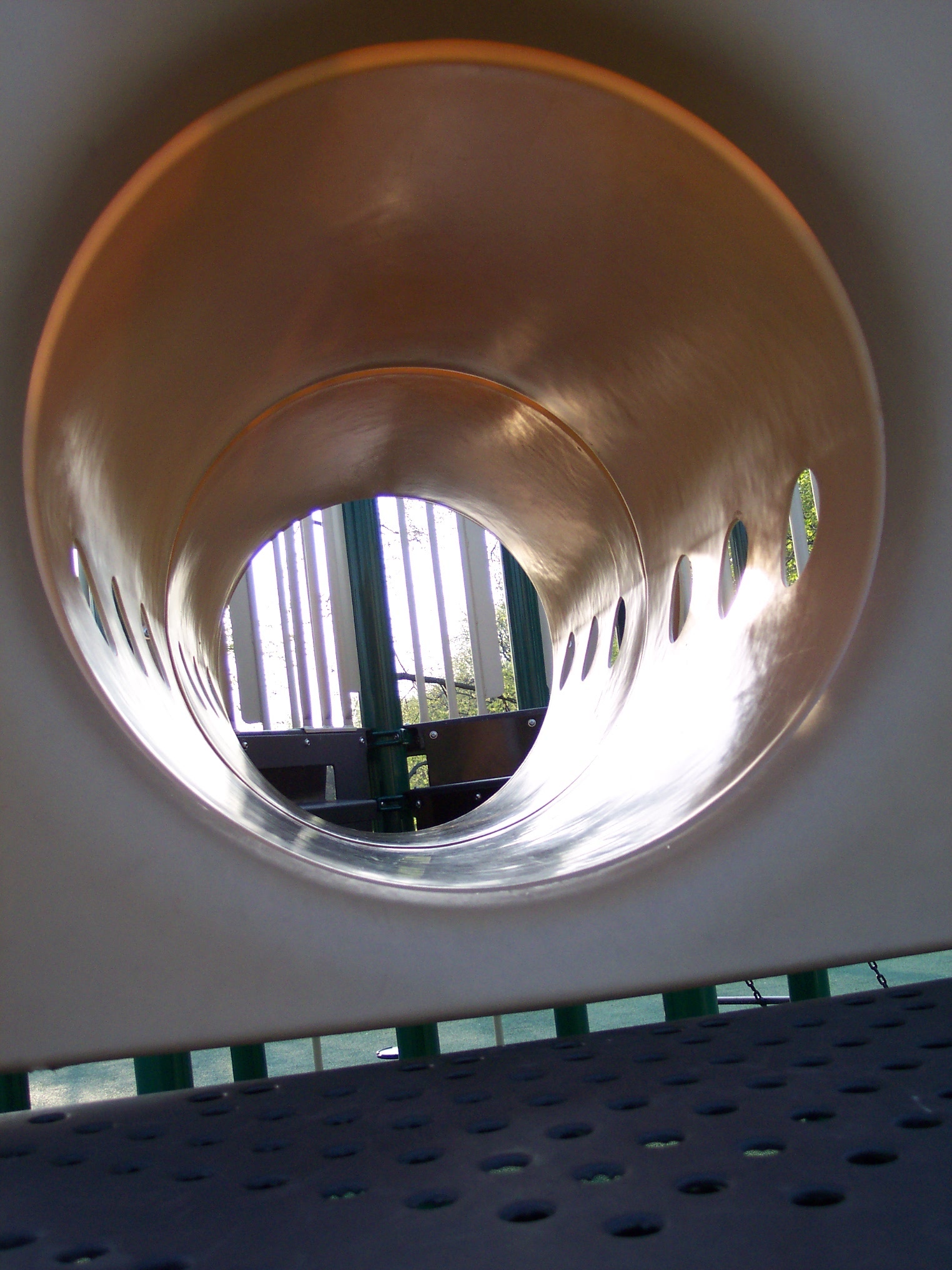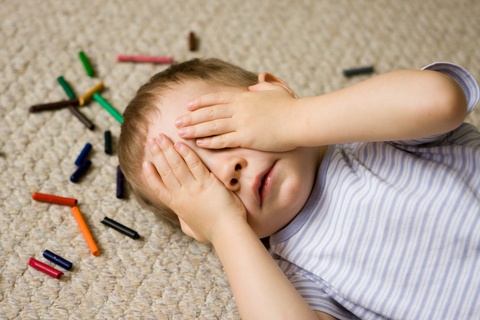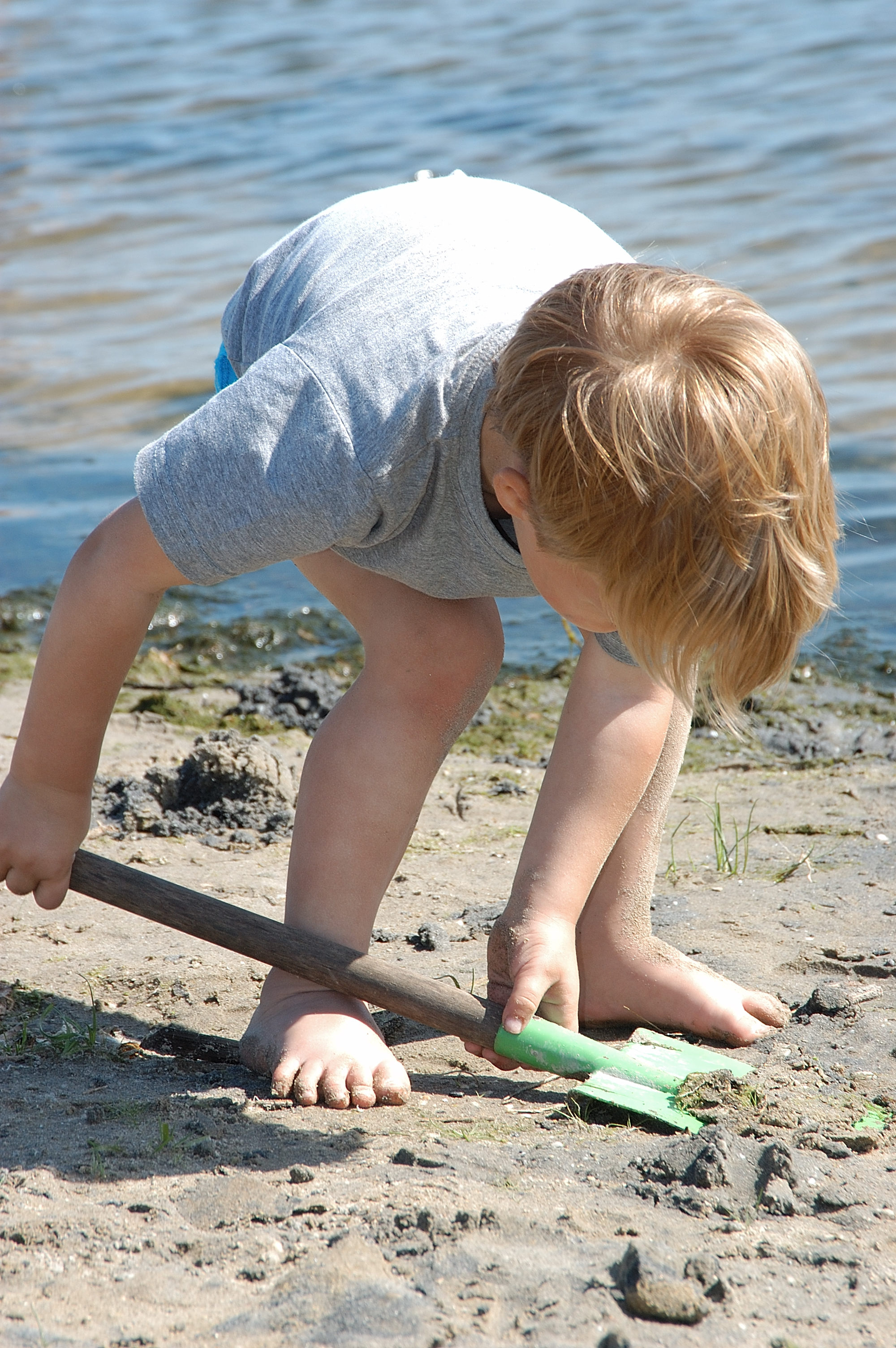-
14 July 2014
-
0 comments
Now, let’s dig deeper still. Sometimes, a child’s reaction is purely sensory, and sometimes, a child’s reaction is purely a typical age-appropriate behavior. Sometimes, it is both. A reaction that began as sensory-related, has now become an ingrained behavior and vice versa. Due to this confusion, sensory and behavior approaches can be used simultaneously. Something
Read more-
07 July 2014
-
0 comments
Don’t you love when questions are answered with more questions? However, in this case, it’s necessary. In our previous blog posts, we defined sensory processing disorder and looked at typical behaviors by age group. Now we will look at questions that may help you identify triggers and raise your awareness of the environment in which incidents
Read more-
30 June 2014
-
0 comments
Previously in our discussion examining sensory vs. behavior, we defined sensory processing disorder. Now we look at the flip side: the behavior piece. And again, let’s get our facts straight. According to Sherry Mulligan’s “Occupational Therapy Evaluation for Children: A Pocket Guide” these are the descriptions of typical behavior patterns from ages 1-12.
Read more-
23 June 2014
-
0 comments
Is it sensory or is it behavior? The answer we all love to hate: It depends! Let us first get some facts straight. Sensory processing disorder (SPD) is a condition in which incoming sensory information (visual, tactile, auditory, olfactory, gustatory, proprioceptive and vestibular) received from the environment gets processed in an unorganized way, thereby affecting
Read more-
21 July 2013
-
0 comments
My daughter came to me the other day crying “my crayon broke…I need to throw it in the garbage.” “No,” I replied, “mommy loves coloring with broken crayons!” As a mother, I understand my daughter’s frustration over trying to use a small crayon to color. When children are young, they like everything to be big
Read more



